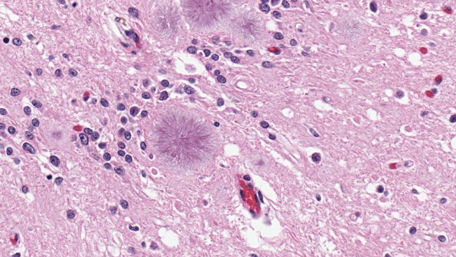
07/12/2022
Hot Topics of the Day are picked by experts to capture the latest information and publications on public health genomics and precision health for various diseases and health topics. Sources include published scientific literature, reviews, blogs and popular press articles.
Sign up MyPHGKB to receive the daily hot topic email alert.
Archived Hot Topics of the Day By Date
Metagenomic prediction of antimicrobial resistance in critically ill patients with lower respiratory tract infections
PH Serpa et al, Genome Medicine, July 12, 2022
Genetic counseling for prion disease: Updates and best practice
JS Goldman, et al, Genetics in Medicine, July 12, 2022
Evaluation of a Multivalent Transcriptomic Metric for Diagnosing Surgical Sepsis and Estimating Mortality Among Critically Ill Patients
SC Brakenridge et al, JAMA Network Open, July 12, 2022
Effect of Pharmacogenomic Testing for Drug-Gene Interactions on Medication Selection and Remission of Symptoms in Major Depressive Disorder The PRIME Care Randomized Clinical Trial
DW Oslin et al, JAMA, July 12, 2022
Is BA.5 the ‘Reinfection Wave’? The latest surge is a test of our pandemic priorities.
E Yong, the Atlantic, July 11, 2022
Disclaimer: Articles listed in Hot Topics of the Day are selected by Public Health Genomics Branch to provide current awareness of the scientific literature and news. Inclusion in the update does not necessarily represent the views of the Centers for Disease Control and Prevention nor does it imply endorsement of the article's methods or findings. CDC and DHHS assume no responsibility for the factual accuracy of the items presented. The selection, omission, or content of items does not imply any endorsement or other position taken by CDC or DHHS. Opinion, findings and conclusions expressed by the original authors of items included in the Clips, or persons quoted therein, are strictly their own and are in no way meant to represent the opinion or views of CDC or DHHS. References to publications, news sources, and non-CDC Websites are provided solely for informational purposes and do not imply endorsement by CDC or DHHS.
- Page last reviewed:Feb 1, 2024
- Page last updated:Apr 25, 2024
- Content source:






